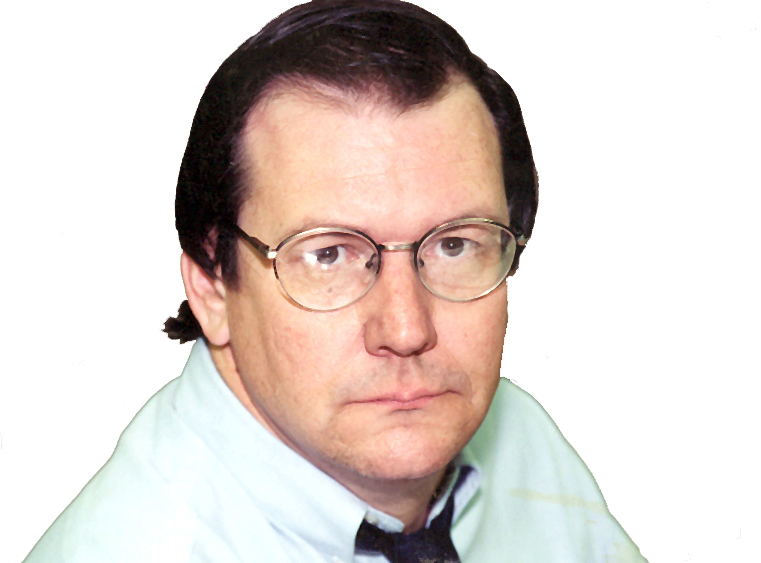MYERS: Preparing a lousy future for our children
At the University of Nevada, Reno, in the agriculture building, there is a Natural History Museum. In its collection, there are samples of plant and animal life in the Great Basin dating back to the 1850s. The plants alone include 90,000 specimens.
My colleague Kelsey Fitzgerald recently wrote about how the students of museum co-director Beth Leger have been studying seven plant species to learn “how plant height and leaf size at a particular site had changed over time.”
“Of the seven, five were shrinking over time, which is the predicted response to the warming and drying of our climate,” Leger said.
Corporate polluters like the Koch brothers and ExxonMobil spend huge amounts of money to pay people to promote climate change denial. But in the corridors of academia, the work goes on year in and year out, and evidence keeps piling up in support of science and in spite of the polluters.
Nevertheless, the polluters and fossil fuel industry continue to have an impact on public debate, because there is a substantial body of people who embrace conclusions dictated by ideology and then listen only to those who support that viewpoint. That is a reckless practice in the best of times. And these are not the best of times, because climate change is not just another problem. Climate change is not reversible. Humankind can’t keep mistreating the earth and hope the earth will heal itself.
“Continued emission of greenhouse gases will cause further warming and long-lasting changes in all components of the climate system, increasing the likelihood of severe, pervasive and irreversible impacts,” reported the United Nations’ Intergovernmental Panel on Climate Change two years ago.
“The window of opportunity for acting in a cost-effective way – or in an effective way – is closing fast,” Princeton geosciences professor Michael Oppenheimer told the Washington Post at the time.
Just last week, a study published in Nature reported that the west Antarctic ice sheet could start collapsing in a few decades, driving rapid sea level rise that will eliminate coastal areas and their cities.
The U.S. Department of Defense, apparently convinced that the polluters and deniers will continue to have political impact, is not waiting on wiser public policies. It now treats coastal erosion as a national security risk and is making plans for reinforcing coastal bases and other contingencies. A Pentagon document reads:
“DoD recognizes the reality of climate change and the significant risk it poses to U.S. interests globally. … [C]limate change is an urgent and growing threat to our national security, contributing to increased natural disasters, refugee flows, and conflicts over basic resources such as food and water.”
Meanwhile, in Congress, members whose campaign treasuries are stocked with money from corporate polluters and fossil fuel industries blather on with technical jargon that, however, is not supported by science. “If you look at satellite data for the last 18 years, there’s been zero recorded warming,” says that great scientific mind Ted Cruz. “The satellite says it ain’t happening.” Scientists call that nonsense. He sounds like evangelists who claim the fossil record supports creationism.
Back here in the Great Basin as all this is going on, ranchers face serious impacts on forage and the fertility of grazing lands. Grazing allotments are already being cut because of reduced moisture.
If we keep listening to Kochs, ExxonMobil, and the likes of Ted Cruz and Mitch McConnell, our children and grandchildren are going to live with considerably less quality of life than we have known.
Dennis Myers is an award-winning journalist who has reported on Nevada’s capital, government and politics for several decades. He has also served as Nevada’s chief deputy secretary of state.

















